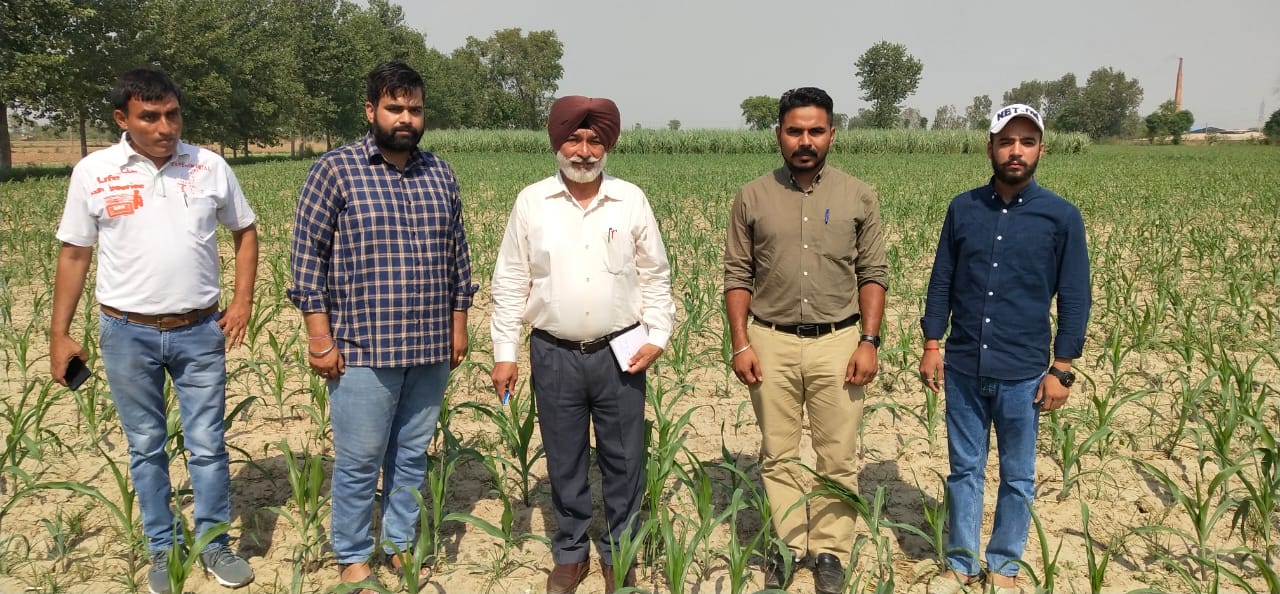-FARMERS PLANTING MAIZE WILL GET FINANCIAL ASSISTANCE OF RS 5000 PER HECTARE UNDER CROP DIVERSIFICATION SCHEME
Ludhiana, July 3 (000)- In one of a major program initiated by the Punjab Government to stop the depleting groundwater, farmers are being encouraged to cultivate other crops instead of traditional or water-guzzling crops.
For which instructions have been issued to the Field Officers of the Agriculture and Farmers Welfare Department to interact with the farmers and make them aware of this. Besides, providing financial assistance to attract more farmers to other crops, the drip irrigation system is also being provided at concessional rates.
Giving this information, Dr Baldev Singh, Chief Agricultural Officer, Ludhiana said that the groundwater level is depleting rapidly below in the district. In this scenario, farmers must adopt crops like maize, moong, urha, arhar, soyabean and til instead of traditional crops like
paddy.
He said that maize crop can contribute significantly to crop diversification as it takes 4 or 5 water rounds only whereas paddy needs from 30 to 35 water rounds in the season.
He said that due to the low cultivation of maize in district Ludhiana, Maize is being imported from outside districts/states. The
target of sowing of maize in district Ludhiana has been set by the department this year.
Farmers are also being provided Rs 5000 per hectare as financial assistance under the crop diversification scheme. Farmers of
Doraha block can get additional financial assistance of Rs 23500/- under the National Adoption Fund for Climate Change scheme.
He said that to encourage maize cultivation, the government will also provide a huge subsidy to get installed drip irrigation systems in fields for the cultivation of maize. This will also provide great relief to the farmers besides saving water.
He said that the department is working day and night to motivate the farmers to sow maize crops. He said that due to the efforts of the agriculture department, the area under paddy would be brought under maize crop which would also save the level of falling water.












